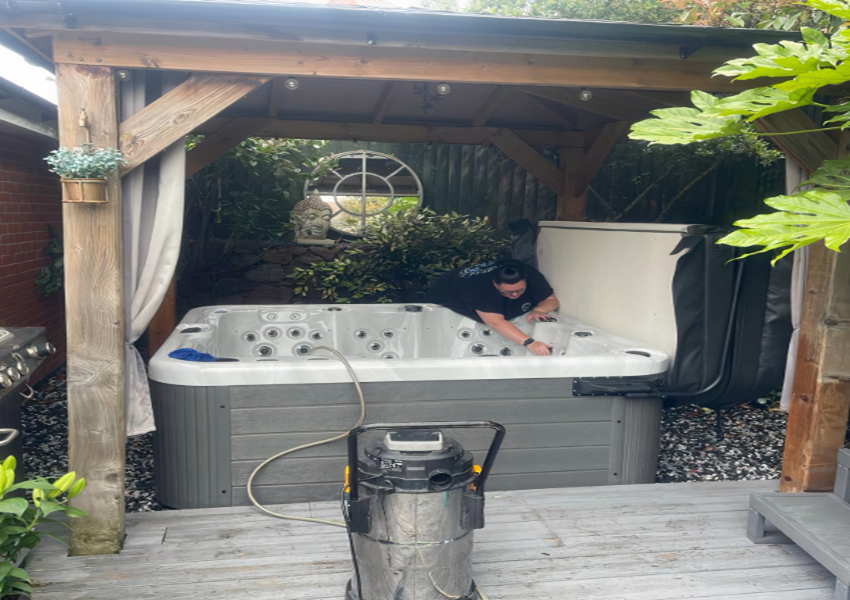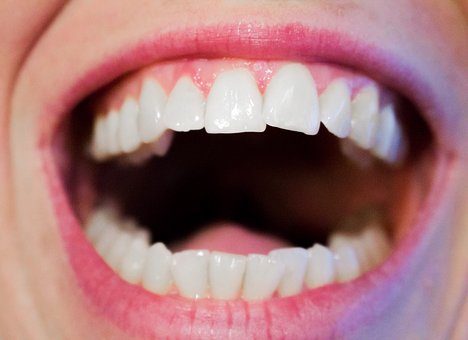Algae can turn your crystal-clear water into a murky green mess seemingly overnight. It’s a common issue for pool and spa owners, but can automatic chemical feeders actually help prevent algae growth? The answer is yes—with the right setup and maintenance. Let’s dive into the science behind how these devices work and what makes them effective in keeping algae at bay.
Understanding Algae and Its Causes
Algae are microscopic plant-like organisms that thrive in warm, nutrient-rich water, especially when chlorine or sanitizer levels drop. Sunlight, poor circulation, and inconsistent chemical levels all contribute to algae blooms. Once they take hold, algae are tough to eliminate and can lead to costly treatments and downtime.
How Automatic Feeders Help
Automatic feeders are designed to consistently distribute sanitizing chemicals like chlorine, bromine, or algaecides into your water system. By maintaining a stable and optimal level of disinfectant, they create an environment where algae struggle to survive.
Here’s how:
-
Consistent Chemical Levels:
Algae thrive in water with fluctuating or low chlorine levels. Automatic feeders ensure that the sanitizer is released steadily, helping maintain the ideal range (usually 1–3 ppm for chlorine) around the clock. -
Reduced Human Error:
Manual dosing often results in missed applications or overcompensation. Feeders reduce these risks by automating the process, which lowers the chance of chemical dips that allow algae to grow. -
Works While You’re Away:
Whether you’re on vacation or simply busy, automatic feeders continue to operate, preventing lapses in chemical treatment that algae could exploit.
Limitations and What You Still Need to Do
While automatic feeders are excellent for prevention, they’re not a one-stop solution. Algae prevention still depends on other key maintenance factors:
-
Proper Water Circulation: Dead spots in your pool or spa—areas with poor circulation—can allow algae to grow despite proper chemical levels.
-
Routine Cleaning: Scrub pool walls and vacuum regularly to prevent buildup.
-
Water Testing: Even with an automatic feeder, test water weekly to ensure balanced pH and chlorine levels. If pH is off, chlorine becomes less effective.
Conclusion
Yes, automatic feeders can play a powerful role in preventing algae growth—but only when used as part of a complete water care routine. Their ability to deliver steady, reliable doses of sanitizer makes them an essential tool for algae control. Combine that with good circulation, regular testing, and cleaning, and you’ll enjoy clean, algae-free water all season long.



